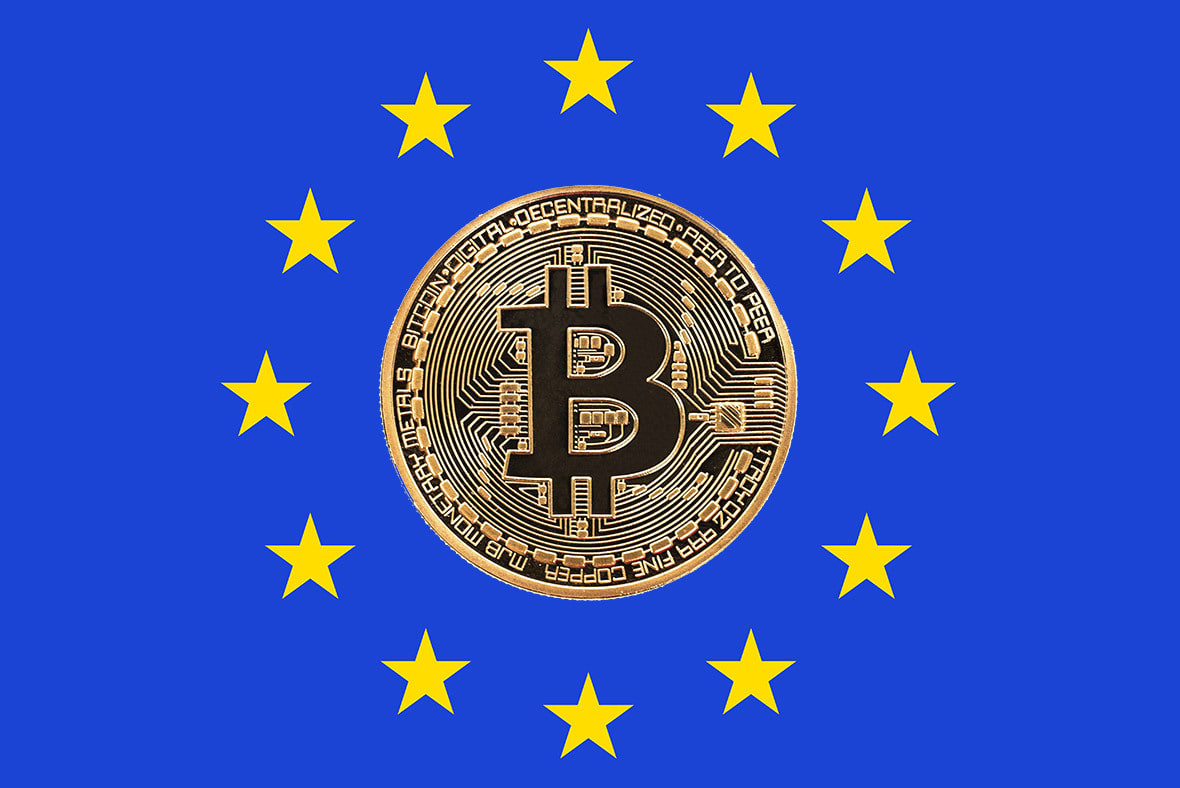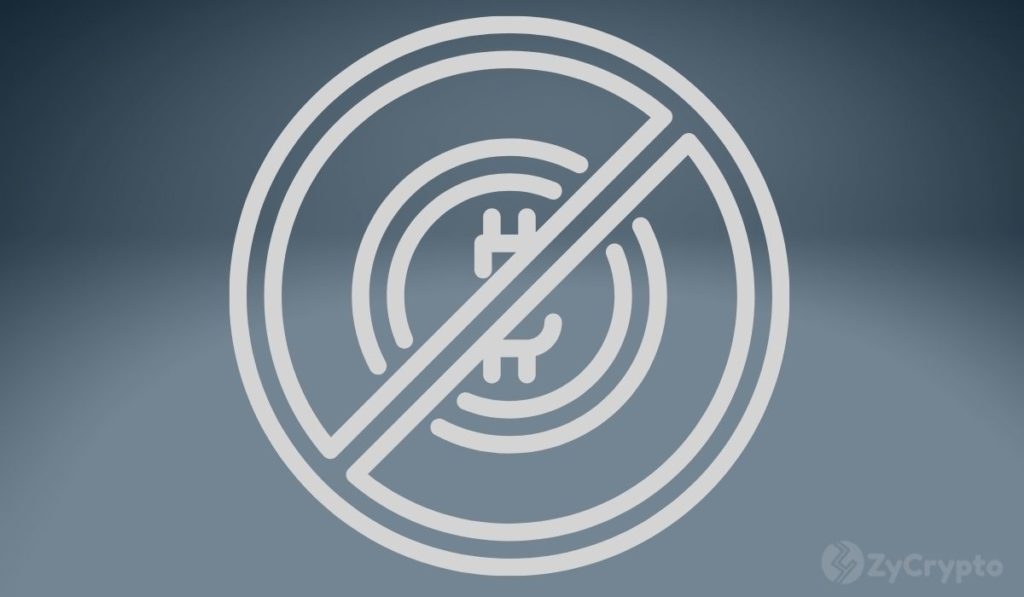2024-12-1 16:21 |
Brazil’s Central Bank (BCB) has introduced a regulatory proposal to ban platforms from allowing stablecoin withdrawals to self-custody wallets.
This initiative is part of the country’s broader effort to regulate its rapidly expanding crypto sector.
Brazil Aims to Regulate Crypto With New Stablecoin RestrictionsThe regulatory draft, announced on November 29, specifically targets “tokens denominated in foreign currencies.” Under the proposal, crypto exchanges in Brazil would no longer be allowed to facilitate the transfer of these stablecoins to self-custody wallets.
“The provider of virtual asset services is prohibited from transferring virtual assets denominated in foreign currency to a self-custodial portfolio,” the proposal stated.
Further, the proposal seeks to align the treatment of crypto with existing financial instruments like foreign direct investments and external credit. Virtual asset service providers would be required to comply with international financial regulations and report client information to the central bank.
The BCB highlights the potential benefits of virtual assets, including enhanced efficiency in foreign exchange services and investment options. However, the institution also notes risks such as investor protection, cybersecurity, and financial stability.
“The adoption of [virtual assets] also raises concerns, including in cases of interconnection with traditional models, involving aspects such as consumer and investor protection, privacy, cybersecurity, prevention of use for illicit purposes, financial and market integrity, and maintenance of fiscal and macroeconomic stability,” the regulator opined.
Considering this, the BCB believes its measures will bring legal clarity for businesses handling international crypto payments and foreign currency-backed digital assets.
This regulatory step comes as Brazil’s crypto market continues its rapid growth. Over the past year, Brazil’s crypto market has grown rapidly, with the country receiving over $90 billion in digital assets between July 2023 and June 2024, according to Chainalysis. Stablecoins dominate, accounting for 70% of crypto transactions moving from local to global exchanges.
Stablecoins and Other Crypto Activity in Brazil. Source: ChainalysisMany fintech firms and exchanges in Brazil offer USD-backed stablecoins as a value-preserving option, particularly for business-to-business cross-border payments. So, market analysts warned that the Brazilian authorities’ move could hinder the sector’s progress in the Latin American country.
Notably, stablecoins have become a cornerstone of the crypto industry, with their market cap reaching a record $190 billion, according to BeInCrypto data.
The public consultation period for this proposal runs until February 28, 2025, allowing stakeholders to share feedback. However, the BCB holds the final authority on whether these inputs will influence the final framework.
The post Brazil Proposes Ban on Stablecoin Transfers to Self-Custody Wallets appeared first on BeInCrypto.
origin »Bitcoin price in Telegram @btc_price_every_hour
Babes and Nerds (BAN) на Currencies.ru
|
|











